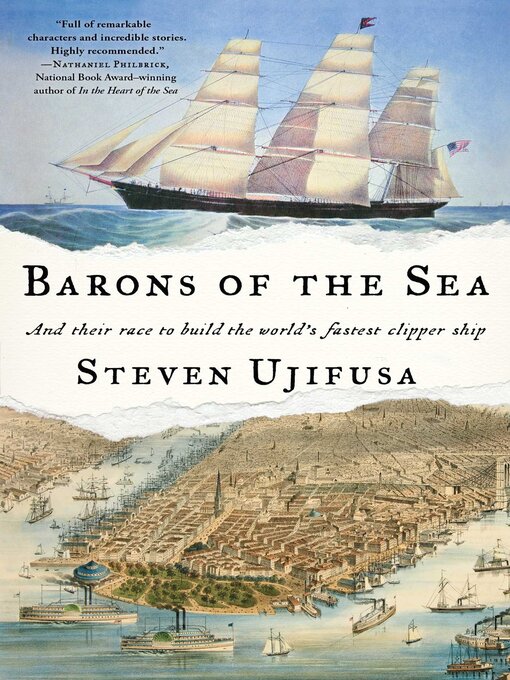- Audiobooks: Make Them Laugh
- Audiobooks: Listen and Learn
- Audiobooks: New Year New You
- Audiobooks: Holiday Romance
- Audiobooks: Cozy Female Sleuths
- Audiobooks: Horror
- Audiobooks: Always Available
- Audiobooks: Recent Memoirs
- Audiobooks: Books for the Whole Family
- Audiobooks: Western Romances
- New audiobook additions
- New kids and teen additions
- Most popular
- See all audiobooks collections
- Just added
- Kids' Magazines
- Teen Magazines
- Florida Magazines
- Magazines from India
- Learn, Make and Create - Magazines
- Travel Magazines
- Sports
- Health & Fitness
- Most popular
- Cooking & Food
- Celebrity Gossip
- News & Politics
- See all magazines collections



